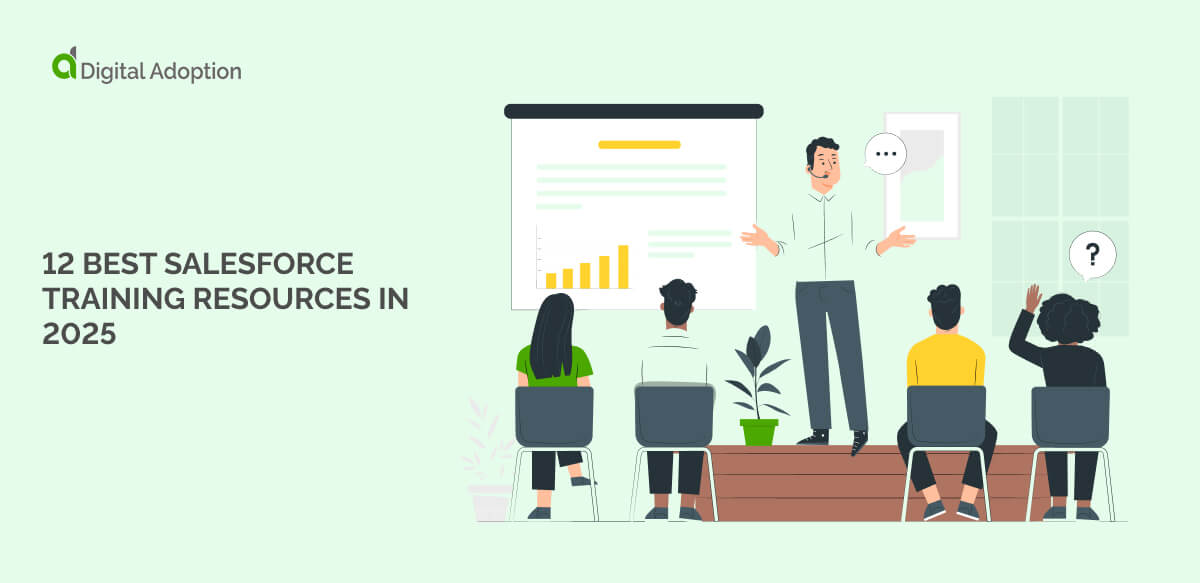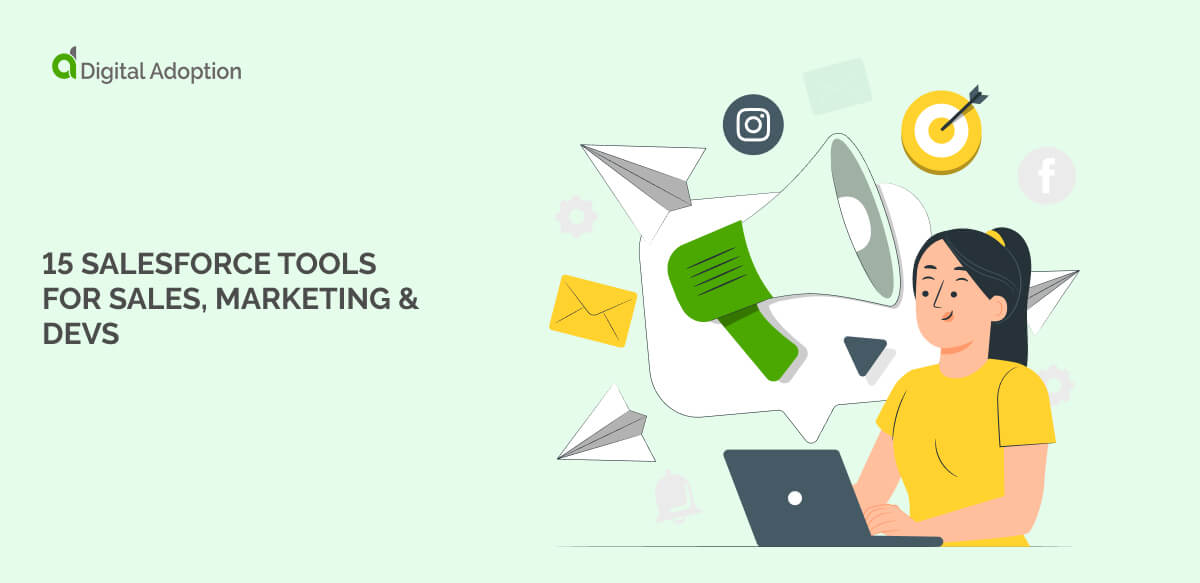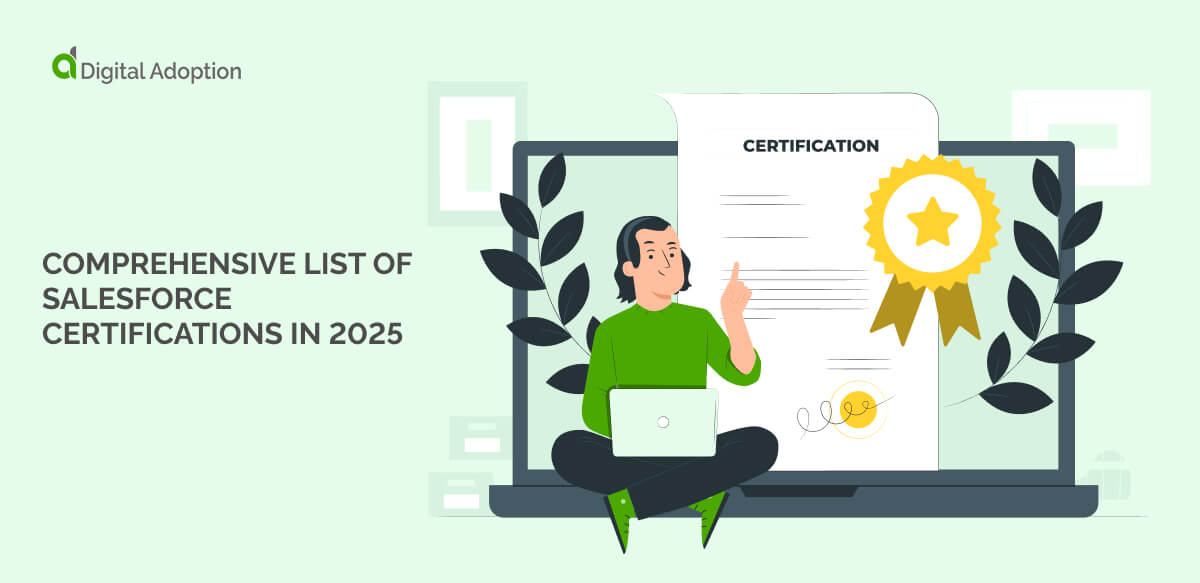Technology is at the heart of business change because data needs to be processed more intelligently and efficiently as time progresses. This trend reflects why the business world created the roles of Chief Data Officer and Analytics Officer in early 2000. These roles transform data into measurable, understandable business outcomes that help companies to optimize resources and processes.
But what do CDOs and CAOs do? How are these roles different from each other, if at all? And will these roles merge into chief data and analytics officer in the future? Below we will explore all these questions, beginning with definitions of a chief data officer and an analytics officer.
- Metrics Vs. Analytics
- What Are Chief Data Officers?
- What Is An Analytics Officer?
- Differences Between Chief Data And Analytics Officer
- The Trademarks Of A Good Chief Analytics Officer
- The Trademarks Of A Good Chief Data Officer
- The Future Of Data Management & Analysis: Merging Roles
- Defining Your Outcomes And Expectations Of An CDO or CAO
- What Part Will Data Science Play For CEOs and CAOs In The Future?
- Whatever The Role, Data Is Key
Metrics Vs. Analytics
Before we define what a Chief Data Officer or Analytics Officer does, let’s clarify the difference between analytics and metrics, as these often become confused.
Data officers and scientists use metrics to collect data. We can use the fictional example of a staff survey to ask for employee views about some new gym benefits.
Analytics are the insights into what the data is communicating about an organization, client, or employee group, such as the survey result that 50% of employees preferred company membership to the previous gym organization compared to the new one.
What Are Chief Data Officers?
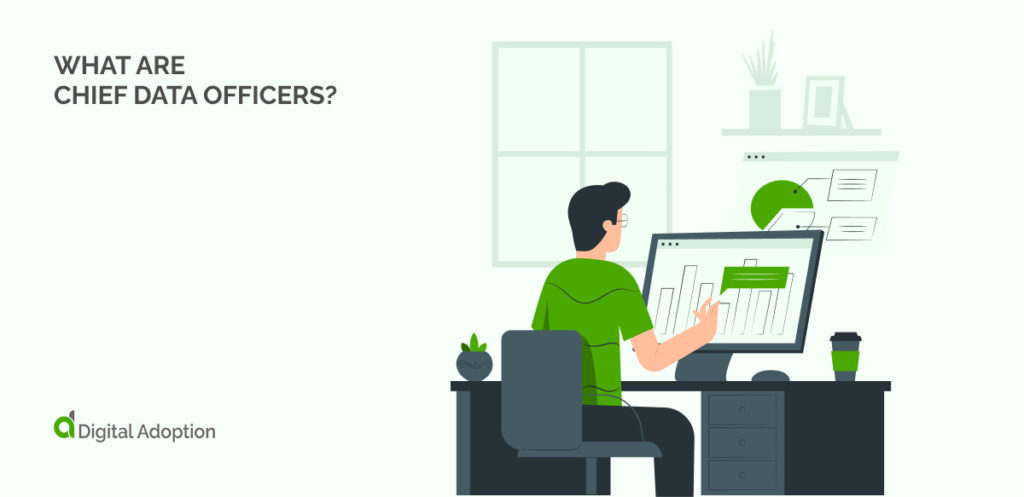
The CDO role involves using data to help a company achieve its vision by creating value from captured data. CDOs complete this task by ensuring staff utilizes efficient data management frameworks and data is of the highest quality to create an effective data strategy to maintain these data standards. Chief data executives use data most effectively for the company’s goals. Data governance is also part of this role.
Depending on their role within their organization, CDOs may use data analytics and business intelligence models to fulfill their responsibilities to obtain insights from data. All CDOs report to the chief information officer.
What Is An Analytics Officer?
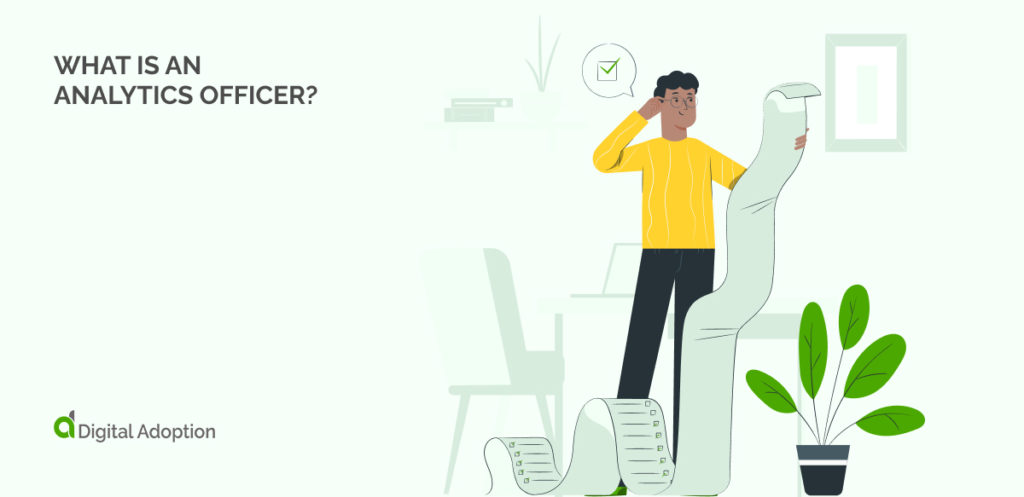
Chief analytics officers capture data using the right metrics for the correct purpose, and intelligence and analytics staff record appropriate data insights using data analytics and data science. CAOs also ensure that their organization follows the highest data quality and governance practices.
This activity involves creating strategic priorities for specific functions and finding new business opportunities using the data. Collaborating with the C-Suite in IT and the business unit allows CAOs to appreciate the business needs in detail fully. The final part of this role is to build analytics capabilities.
This practice involves establishing and coordinating analytics and business intelligence models and initiatives. AOs achieve this by reviewing the current operational capabilities of analytics, then working with the IT team to create a new analytics infrastructure and executing a product development roadmap.
One of the less discussed yet essential skills of an AO is excellent communication. Data can still be primarily misunderstood or ignored by employees who feel it is a ‘hard science’ without practical application to the everyday activities of team members. Part of the analytics executives’ role is to communicate the importance of analytics to team members who don’t deal directly with data so they can understand the all-encompassing role data plays in all business processes.
All CAOs report to the chief information officer for their data analytics findings.
Differences Between Chief Data And Analytics Officer
The common perception of CDOs and AOs is that they are difficult to separate and interchangeable. However, there are subtle yet significant differences. Gartner shares this view, as when the research organization surveys for the role, it groups together the chief analytics officer, chief data officer, and top data analytics roles. These roles have a data and analytics function and use a data platform. Chief digital officers are also part of this group.
One view is that the main difference between the two roles is that CDOs manage data while CAOs lead data analytics. However, this is not always the case in practice as the lines become blurred as staff members in both roles learn new skills.
Some organizations feel that the CDO is responsible for data management, which is considered a technology role. The AO, on the other hand, can be viewed as a business role as it involves coordinating data analytics. This approach is a more practical way of looking at the two roles, but it still does not apply to every individual, as roles go beyond the title, varying by company.
Despite how the roles may be perceived differently, one fact is clear; Both roles are relatively new as they change yearly. NewVantage Partners surveyed organizations in 2022 on the theme of Big Data and AI. They found that 92.1% of organizations made an ROI on those employed in either CDO or CAO roles, highlighting data analytics and management as a top priority for organizations today.
The Trademarks Of A Good Chief Analytics Officer
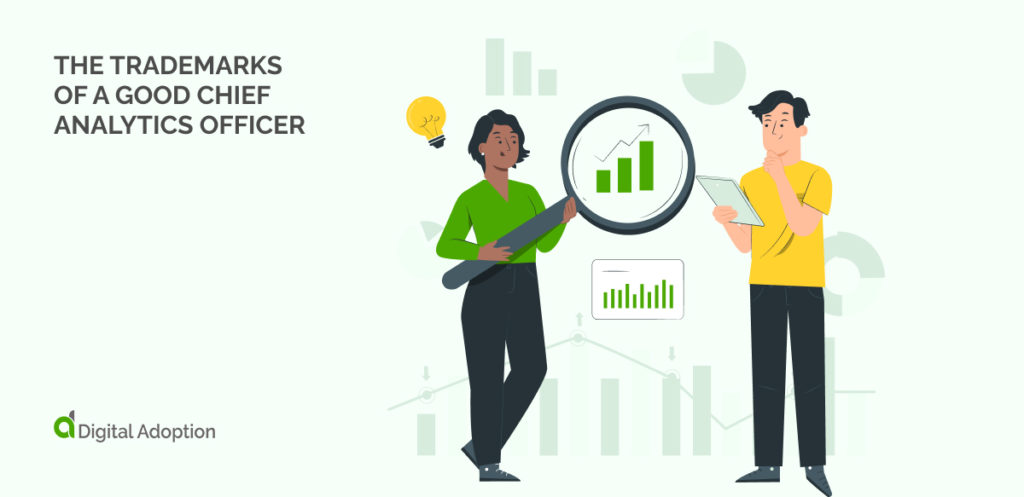
Expectations of CAOs are similar to those of CDOs, with leadership high in demand. Innovation and problem-solving are also skills highly prized by organizations seeking to get the most out of CAOs.
In addition, Chris Mazzei has much input on the changing expectations of CAOs as he became the sizeable consulting firm EY’s first chief analytics officer in 2014. This year was significant, as CDOs and CAOs were surging in demand.
EY found that many companies did not feel they had achieved an investment with their CAO. “A good part of that is leadership,” says Mazzei.
“It’s an innovation role. Chief analytics officers must understand the business deeply and see in the company’s business model where there are opportunities to drive value. And then they need to be a solution architect who can design something that can impact the business,”
The two essential innovation skills and problem-solving CAOs need for the future show some crossover into the CDO role.
The Trademarks Of A Good Chief Data Officer
51% of executives working in Fortune 1000 firms surveyed by NewVantage Partners in 2020 said they expected CDOs to become external change agents with fresh perspectives for their organization. 14% said the opposite: CDOs should understand an organization’s culture and history to make the best of the managed data.
Influencer skill sets are becoming a more prevalent expectation of CDOs. And the ability to become analytics leaders, showing employees the vital significance of data infrastructure and analytics, is growing in demand for organizations. This role transformation is part of the essential ability to become data-driven and nurturing a data culture is part of the changing role that leaders in data must become confident with to maintain the competitive edge.
Excellent communication skills are essential for being an effective leader. CDOs will become more aware of their potential employers’ desire for leadership and innovation in the years to come.
The Future Of Data Management & Analysis: Merging Roles
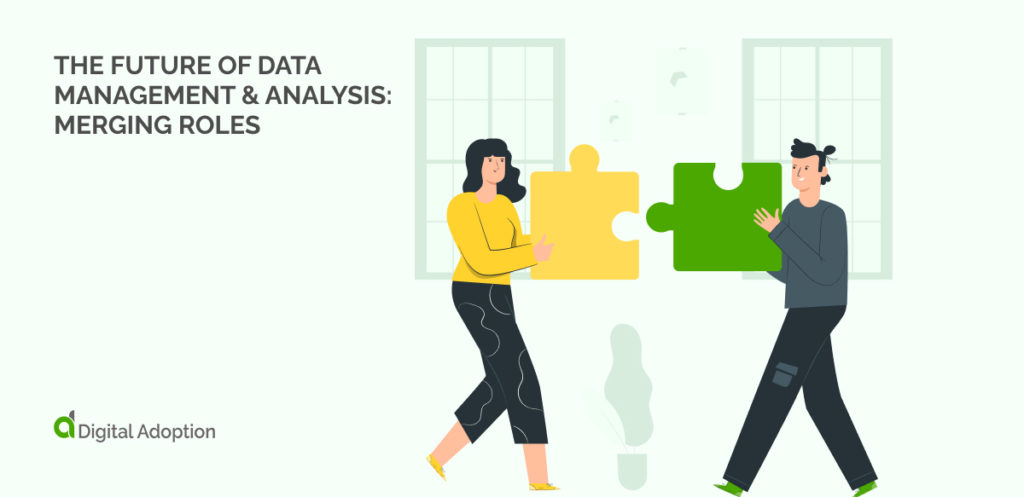
In the current landscape of constant digital disruption, CDO and CAO roles are quickly changing. These roles are becoming less technical and more leadership-based. As a result, the difference between CAO and CDO decreases as organizations prioritize communication skills and leadership within recruitment campaigns for these roles.
In the future, the emphasis will be on communication skills, using visualization tools to communicate the valuable insights extracted from data analytics. Artificial intelligence and machine learning will become more common as data analytics and input are automated and stored in data warehouses.
Defining Your Outcomes And Expectations Of An CDO or CAO
As the lines blur between CDOs and CAOs, the question for your organization should not be, ‘do we need a CDO or CAO?’, but rather, ‘What skills do we need a CDO or CAO to bring to our organization?’
Does your organization require thought leadership to promote the value of data in company success? Does the CEO need to consult a chief data officer about the best approach to decision-making to become data-driven? Do the technology teams (IT) need a consultant to refer to in creating analytics infrastructure and providing employee training?
When an organization asks these questions, the individual’s experience rather than previous role titles stand-out. An organization can then employ a CDO or CAO based on what they can do for the organization instead of their label.
What Part Will Data Science Play For CEOs and CAOs In The Future?
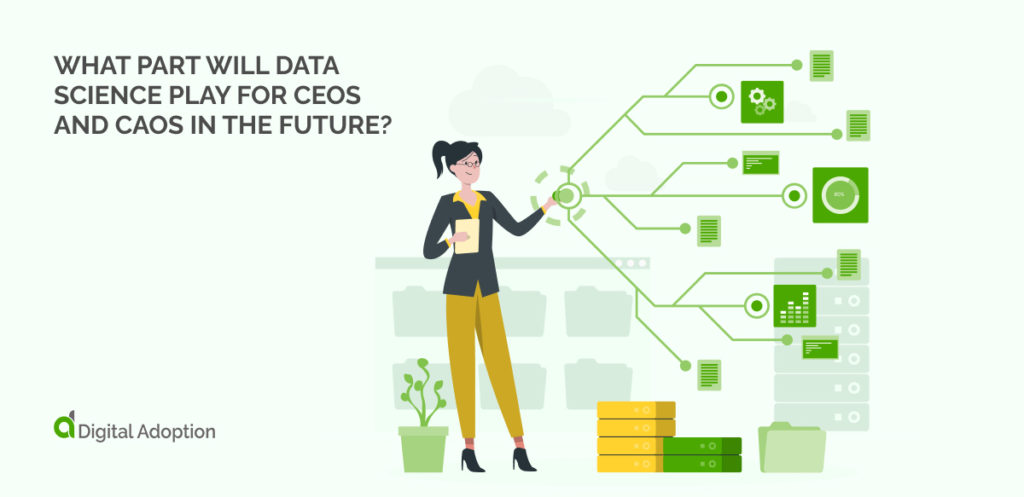
Data science represents the technical skills of a CDO and CAO as it involves writing computer programming code and combining it with statistics to create data insights.
In the early stages of the formation of CDO and CAO roles, data science represented a more significant proportion of the time spent on daily tasks, and data scientists were in high demand.
However, this is quickly changing as organizations feel it is more critical for CDOs and CAOs to be aware of data science skills to ensure that team members use them. Increasingly, organizations are asking CDOs and CAOs to focus more on promoting the significance of data in business goals and success.
Whatever The Role, Data Is Key
CDO and CAO will soon become outdated terms as the roles change quickly. However, the skills these individuals bring to organizations will be infinitely valuable far into the future, making them a critical business asset. Despite this value, organizations must know what skills they need from data and analytics or data management specialists such as CDOs or CAOs before employing them.
With this consideration, organizations can extract the maximum value from their expertise, forging ahead toward a data-driven future of digital resilience.







![18 Examples of AI in Finance [2025]](https://www.digital-adoption.com/wp-content/uploads/2025/06/18-Examples-of-AI-in-Finance-2025-300x146.jpg)
![14 Examples of AI in Manufacturing [2025]](https://www.digital-adoption.com/wp-content/uploads/2025/06/14-Examples-of-AI-in-Manufacturing-2025-300x146.jpg)


